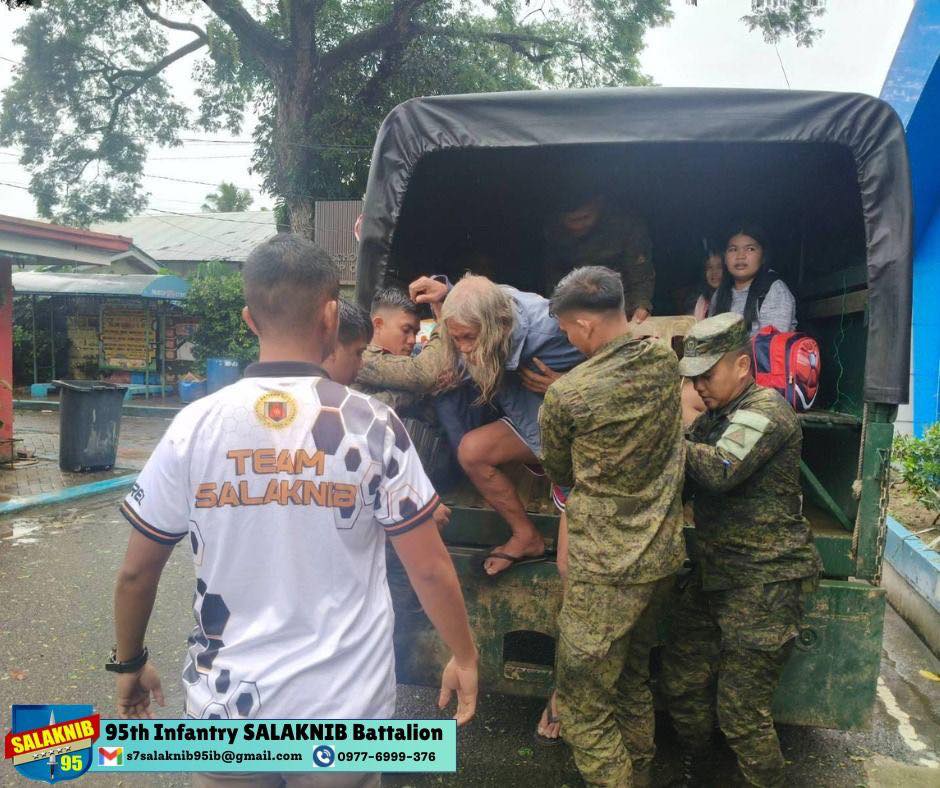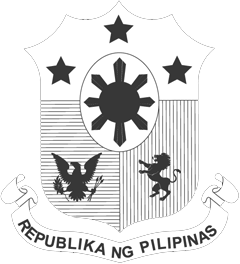CAMP AGUINALDO, Quezon City -- The Armed Forces of the Philippines (AFP) continues to intensify its nationwide Humanitarian Assistance and Disaster Response (HADR) operations in areas affected by Super Typhoon “Uwan.” Unified Commands across the country have mobilized troops and assets to support ongoing rescue, evacuation, and relief efforts in close coordination with the National Disaster Risk Reduction and Management Council (NDRRMC), Office of Civil Defense (OCD), and local government units.
A total of 349 Disaster Response Task Units (DRTUs) and Search, Rescue, and Retrieval (SRR) teams are currently deployed nationwide, backed by 2,550 personnel and essential assets. Over 1,100 DRTUs/SRR teams are also on standby for rapid deployment.
In Northern Luzon, the AFP through NOLCOM continues joint rescue and evacuation operations in Aurora and Isabela. The 91st Infantry (Sinagtala) Battalion and local responders evacuated residents of Barangay Diamanen, Dipaculao, while the 502nd Infantry Brigade and 95th Infantry (Salaknib) Battalion led pre-emptive evacuations in flood-prone areas of Ilagan, Gamu, and San Pablo, Isabela. In Ilocos Norte, troops from the 77th Infantry Battalion cleared major roads in Piddig to ensure access for relief convoys.
In Southern Luzon, SOLCOM units, including the 83rd Infantry Battalion in Catanduanes, rescued residents in Virac and turned them over to the provincial evacuation center. Meanwhile, personnel from the 581st Air Control and Warning Group, PAF, safely evacuated 85 families in Lubang, Mindoro.
In the Visayas, VISCOM SRR teams provided transport and manpower assistance to residents in Samar, aiding the preemptive evacuation of more than 90 families in Sta. Margarita and San Jorge.
In Metro Manila, NCRCOM units, including the 12th Civil-Military Operations Battalion, assisted in the evacuation of residents in Pangarap Village, Caloocan City, affected by heavy flooding.
The AFP remains steadfast in supporting the national disaster response framework by ensuring the safety, welfare, and early recovery of affected communities. As conditions stabilize, the AFP will transition from immediate response to rehabilitation and recovery operations, including the delivery of relief goods, medical assistance, and engineering support.
The AFP will continue to coordinate with the NDRRMC, OCD, and partner agencies to facilitate the delivery of aid, transport of relief goods, and support the government’s long-term rehabilitation and recovery efforts.///


